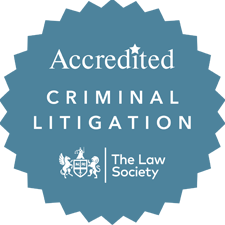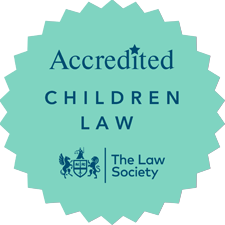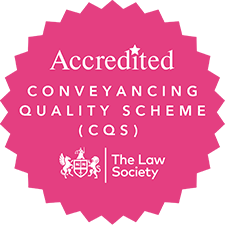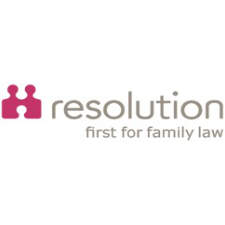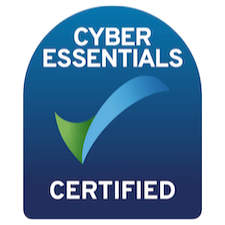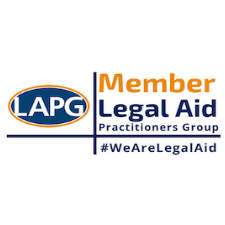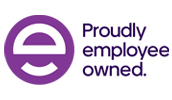According to Women’s Aid, an average of two women are killed by their partner or ex-partner every week in England and Wales. The Domestic Violence Disclosure Scheme, known as Clare’s Law, was introduced on the 8th March 2014 on International Woman’s Day and allows for both men and women to request for information about their partner, or friend or relatives partner if they have any concerns about safety.
This law was introduced and named after Clare Wood, a 36 Year old single mother, who became victim to murder by her ex-boyfriend, who had a past record of violence against women, in 2009.
Under this scheme people in new relationships, or their close friends or relatives, have the right to ask the police whether a new partner has a previous record of violence against previous partners. There are two functions to Clare’s Law: ‘Right to Ask’ and ‘Right to Know’.
‘The Right to Ask’
‘The Right to Ask’ allows a member of the public to make an application to ask for information about a current or ex-partner’s previous history of domestic violence or violent acts.
‘The Right to Know’
‘The Right to Know’ allows the police to disclose the relevant information in the circumstances where they believe somebody may be at risk of violence.
To make an application under Clare’s Law the initial step is to contact the police, whether that be by visiting your local police station or calling 101. The officer will take details from you and ask the nature of your relationship with either the potential victim and/or the person who poses a potential risk and may ask what prompted you to make an enquiry under this scheme.
The police will then carry out some initial checks based on the information that has been provided and will conduct an initial risk assessment. This will take place to confirm whether there are any immediate concerns. If the police believe that someone is at potential risk and may need protection from harm, they will take immediate action.
Depending on the result from step one, you may be asked to attend a meeting with the police. This will take place to establish further details about your application. The police may run checks with other safeguarding agencies including the Prison Service, the Probation Service and Social Services based on the information given.
If necessary, the police will then meet with the other safeguarding agencies and discuss the information. They will collectively decide if the disclosure is lawful, necessary and proportionate to protect the potential victim. If they decide to disclose information, they will set up a safety plan tailored to the potential victim’s needs to provide them with help and support.
Under this scheme you may receive disclosure even if you have not made an application to obtain one. This is because of your ‘Right to Know’, if the police have information about the person you know which they consider may be a risk or danger then they may consider disclosing that information. This decision will again be made by the safeguarding agencies.
At Emery Johnson Astills our Domestic Violence and Abuse Solicitors work with the National Centre for Domestic Violence (NCDV) who pass work to us that they receive from the Police, Social Services and other agencies. We also have good links with Women’s Aid, United Against Violence & Abuse (UAVA), Sure Start and Citizen’s Advice Bureau.
If you have, or feel you may have, been victim to domestic abuse and feel you are no longer safe from harm, at Emery Johnson Astills our Domestic Violence and Abuse team can assist. We can assist you in applying to the Court for a Non-Molestation Order (Injunction) to stop your abuser from subjecting you to further violence and abuse. You may also be able to apply for an Occupation Order which will have your abuser removed from your home.
Legal Aid is available for both Non-Molestation and Occupation Orders. We will let you know if you qualify for Legal Aid and can carry out an assessment over the phone. If you do not qualify then we can offer advice and assistance on a private basis.
If you have children and Social Services become involved, we can also assist. At Emery Johnson Astills we have a specialist Care team who have vast experience of working with parents, children and families who need advice and assistance. Again Legal Aid may be available to attend Initial Child Protection Conferences and meetings and our team will be happy to assess your eligibility over the phone.
Here at Emery Johnson Astills, our focus is client care, ensuring that we assist and support every client from initial advice through to Court proceedings, if appropriate. If you require expert legal assistance relating to Domestic Violence, contact the Domestic Violence and Abuse Department (DVAD). Similarly our Care Team can assist if you, your children or a member of your family are involved with social services. If you require any advice or information you can contact us on 0116 255 4855 or email us at legal@johnsonastills.com.


